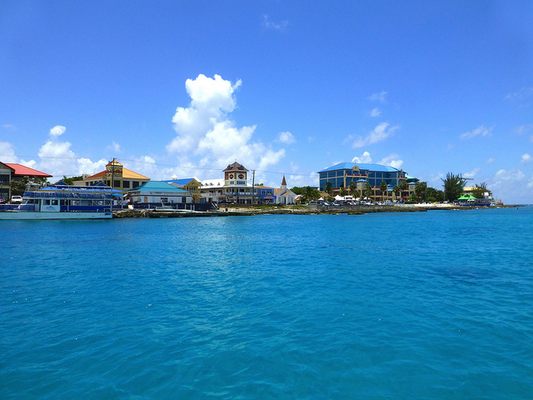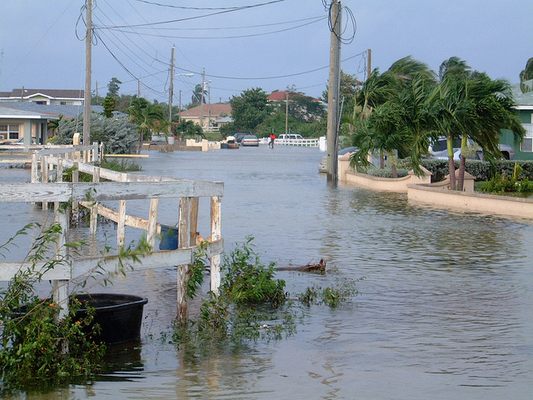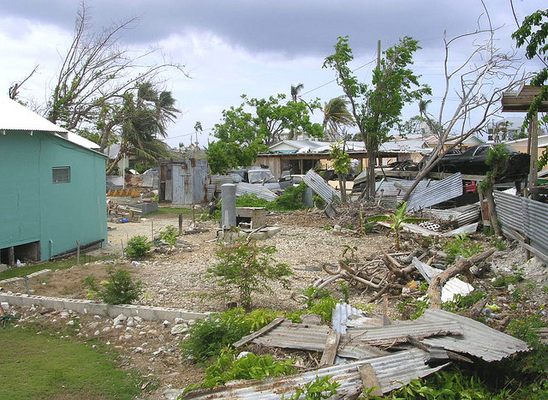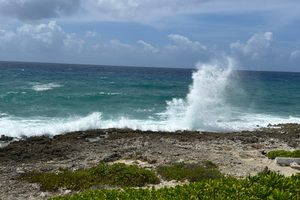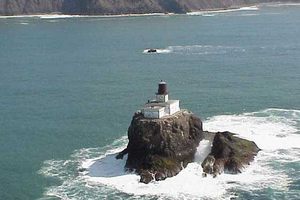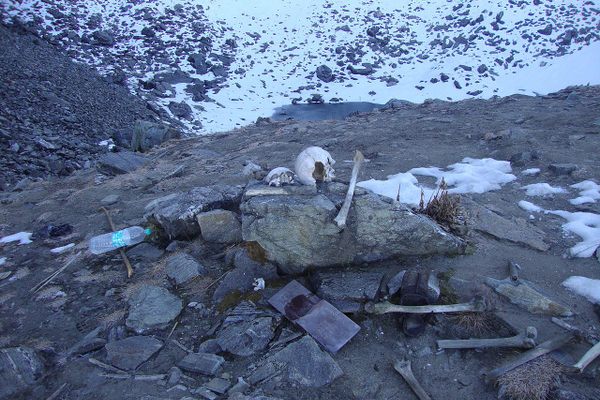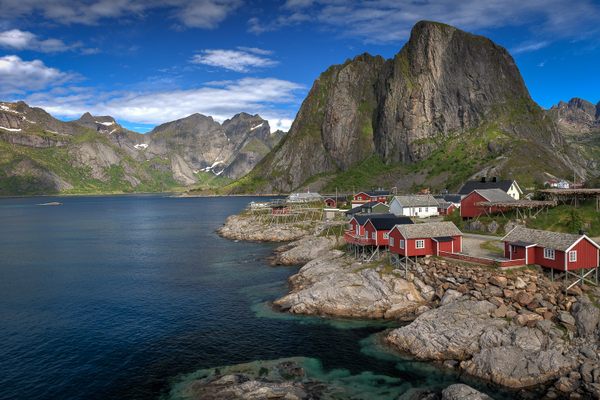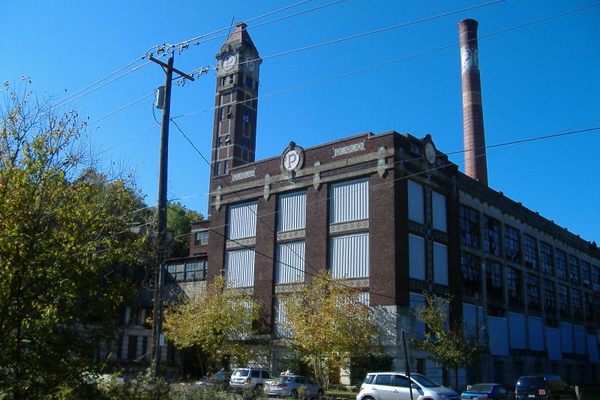About
At first glance, George Town has it all.
Stunning beaches, incredible snorkeling, and a thriving nightlife--throw in a few bank privacy laws and no direct income tax and voila! The fifth largest financial hub in the world and hot spot for the famous and wealthy. Alas, all is not well in paradise. The renowned tax haven also happens to be a nucleus of destructive hurricane activity.
The small, flat island that hosts about two million tourists a year is extremely susceptible to heavy winds and rising sea levels. This factoid becomes particularly consequential in the face of devastating hurricanes that hit the island on average, every 2.2 years. In 2004, Hurricane Ivan submerged over 25% of Grand Cayman. Researchers estimate that over 80% of the island’s buildings were damaged in the hurricane.
George Town’s incredibly resilient financial sector reopened with power only days after the hurricane struck. Impressive as it was, the recovery was criticized by many of the island’s less fortunate inhabitants who were left in the dark. However, the situation isn’t entirely obvious--Grand Cayman has more registered businesses than it has citizens. It seems the government was just serving the larger constituency.
Related Tags
Published
August 25, 2010
Sources
- http://www.pbs.org/wgbh/pages/frontline/shows/tax/schemes/cayman.html
- http://www.telegraph.co.uk/news/worldnews/centralamericaandthecaribbean/caymanislands/1472195/Banks-reopen-but-Cayman-Islands-remain-in-crisis-after-hurricane.html
- http://www.bbc.co.uk/news/world-latin-america-20219637
- https://www.cia.gov/library/publications/the-world-factbook/geos/cj.html#Geo
